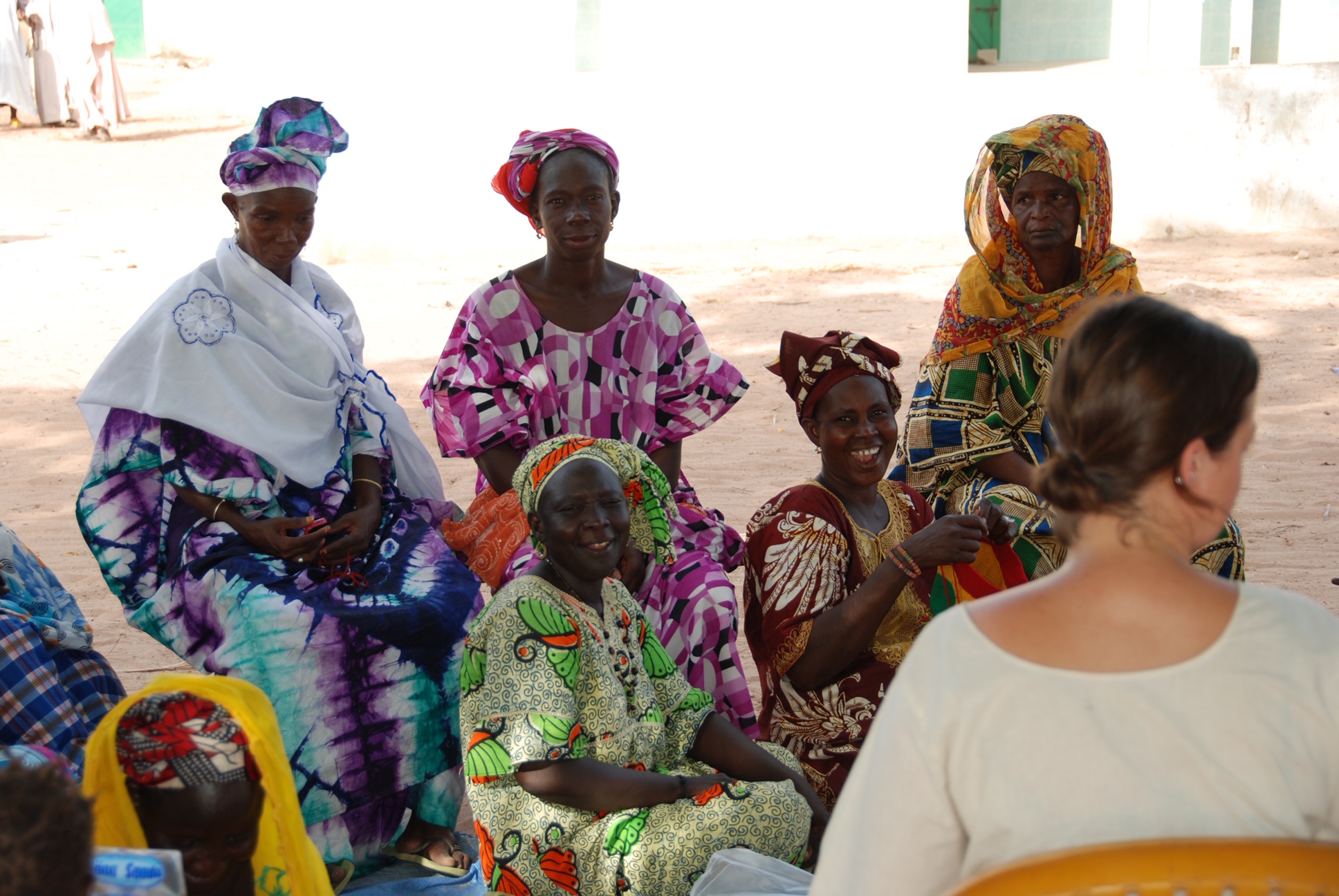The University of Florida International Center (UFIC) has been awarded $1.177 million from Canada’s International Development Research Centre (IDRC) to implement a research project titled Advancing women’s participation in livestock vaccine value chains in Nepal, Senegal, and Uganda. The primary goal is to increase livestock vaccination uptake by women, using a gendered intersectional transformative approach (GITA). The GITA approach not only takes gender into consideration but also considers other factors, such as age, race, caste, ethnicity, religion, and livelihood. The funding comes through the Livestock Vaccine Innovation Fund, which is supported by the Bill & Melinda Gates Foundation, Global Affairs Canada, and IDRC.
This is the first award from Canada to the University of Florida. IDRC, part of Canada’s foreign affairs and development efforts, supports research and innovations in developing countries to improve lives and livelihoods of the most vulnerable. Over three years, the project will examine gendered roles and relations in selected vaccine distribution chains for diseases that affect women-owned or managed small ruminants and poultry.
A gender and intersectional mapping methodology will be developed for small ruminant and poultry vaccine distribution chains as well as a multi-country analysis will take place to assess the impacts and barriers of gender and intersectionality on women’s entry and effective participation in and benefits from the vaccine distribution chain.
The UF team is led by a long champion in gender research Dr. Sandra Russo, the Director of the Office for Global Research Engagement at UFIC. Dr. Russo has assembled a research team comprised of Dr. Nargiza Ludgate (UFIC), Dr. Sarah McKune (Department of Environmental and Global Health and the Center for African Studies), Dr. Renata Serra (Center for African Studies), Dr. Kathleen Colverson (Animal Sciences Department), and Daniel Acosta (UFIC). “Past studies focused on infrastructural barriers faced by poor livestock keepers but not all the barriers are logistical as some social norms and other constraints can create barriers for women to access animal health and vaccination services. This, in turn, places women and other marginalized groups at a greater disadvantage. Using our GITA approach, we plan to tease out the intersectional factors that interface with gender in the three countries to devise effective strategies to increase women’s uptake of livestock vaccines as well as active engagement in the livestock vaccine value chain,” said Dr. Russo.
The team will leverage UF’s research and development efforts in the livestock systems through the work of the Feed the Future Innovation Lab for Livestock Systems at the University of Florida and various research partnerships UF has developed in East and West Africa, and Asia.
To learn more about this project contact Dr. Sandra Russo at srusso@ufic.ufl.edu or stop by the UF International Center at the Hub.

